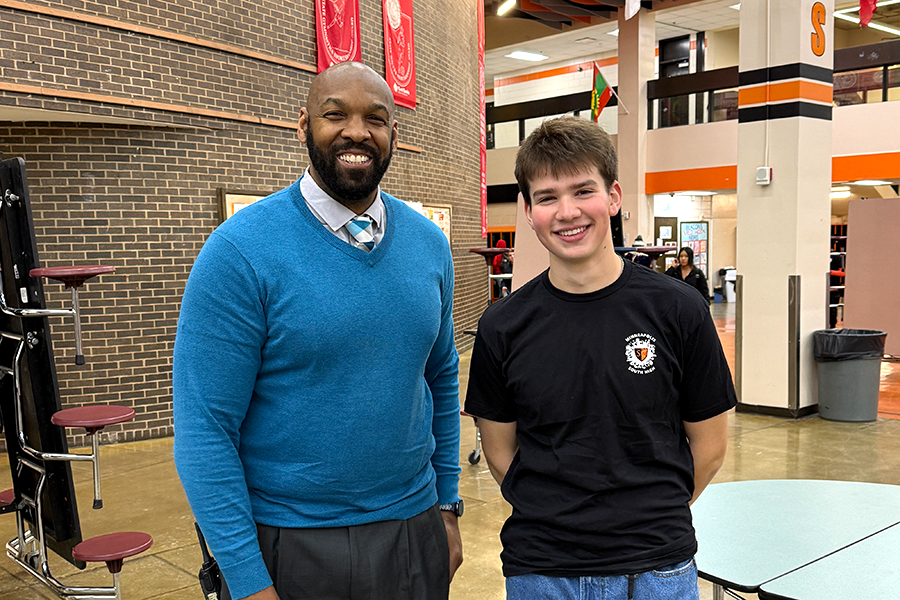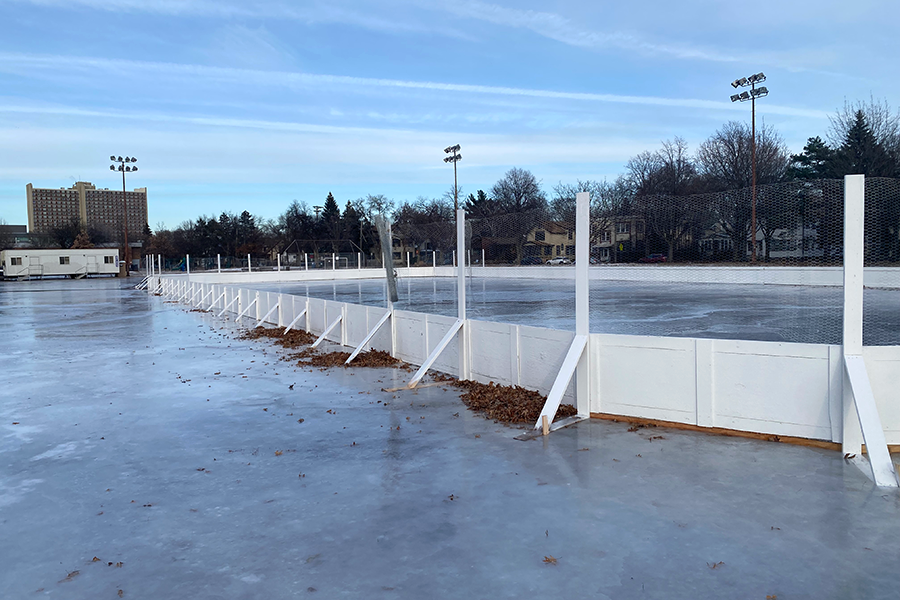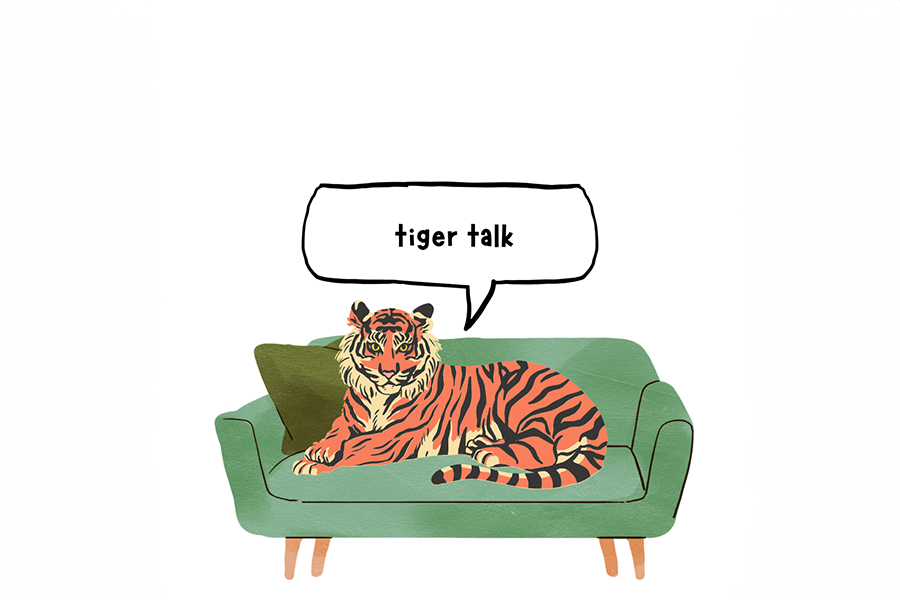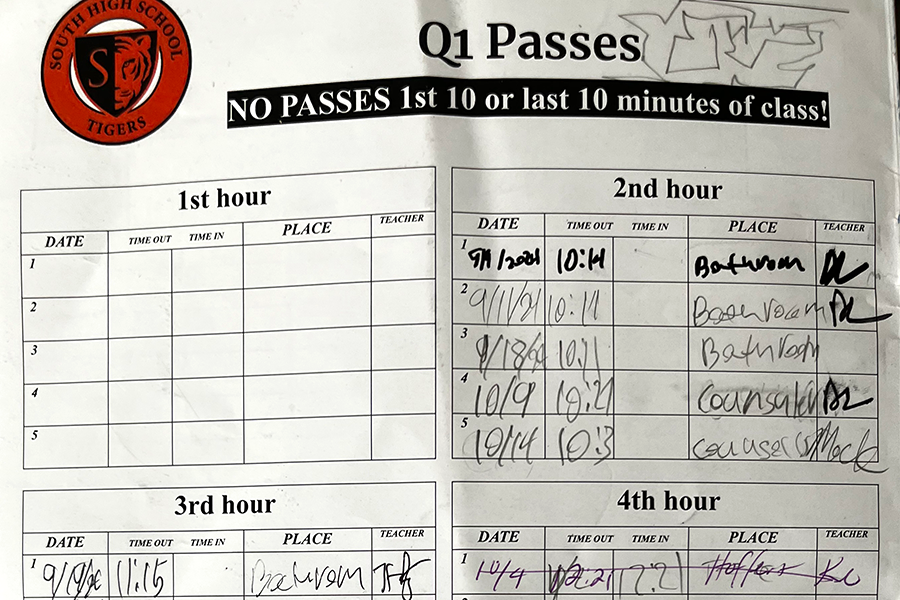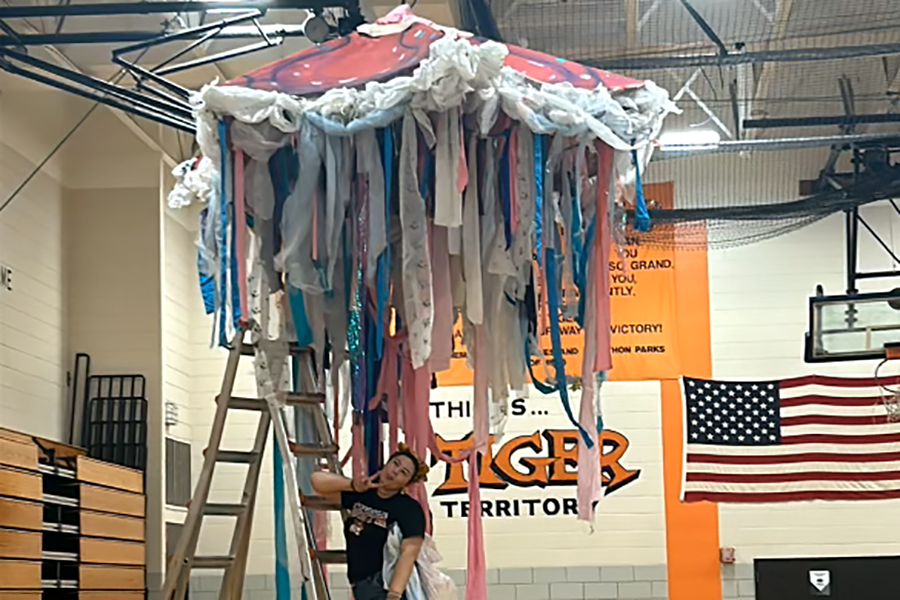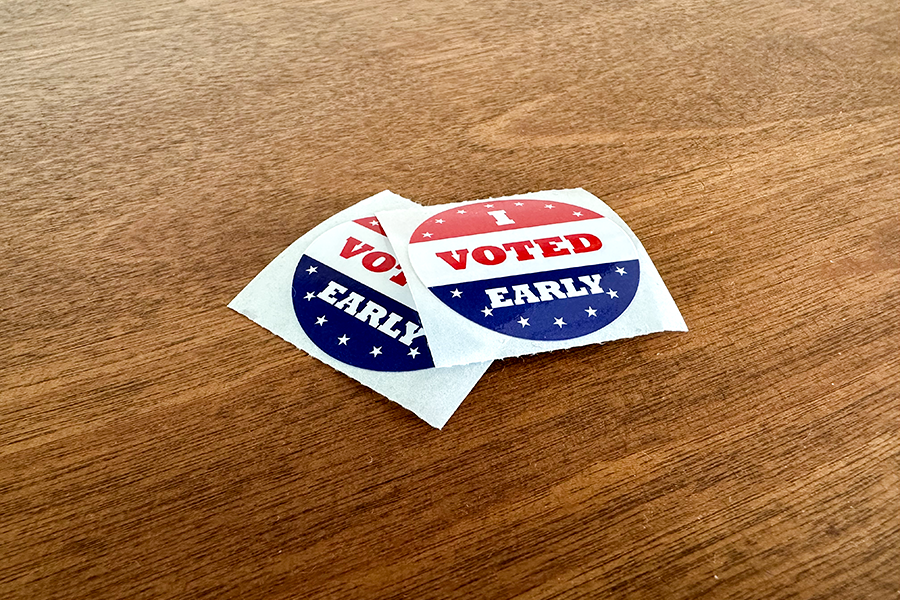Social Media has become an increasingly important part of communication for the current teen generation. An organization called Invisible Children has taken advantage of social media trends to spread their new campaign called Kony 2012. On March 8th, the non-profit posted a video online, and much to their surprise, it went viral within days.
The internet flipped from being a way to spread the word about a violent war criminal, to a location to criticise Invisible Children. All of the attention has been difficult for the organization to handle, and created tension among South students on social media sites.
Invisible Children launched the Kony 2012 campaign with the goal of educating people, specifically teens, about the Lord’s Resistance Army (LRA) in Uganda and their leader Joseph Kony. The LRA began in the late 1980’s after the overthrow of President Obote and was most active in the early 2000’s.
What is so upsetting about the LRA is that the army is composed of abducted children, who were forced to kill their parents and commit violent acts against their own people as child soldiers. The young boys were given guns, and the girls used as sex slaves. Rural Ugandan families would send their children to sleep in the larger towns at night for fear that if they stayed at home, they would be kidnapped.
South High Human Rights Group heard about the Kony 2012 campaign and had a meeting to decide how they wanted to approach the issue. “There are a lot of different views of this movement, we just kinda discussed those in general and we considered just doing something about that,” said senior and President of the Human Rights Group Elena Anderson. Currently the Human Rights Group is still deciding their course of action for the issue.
One opinion of the campaign is that it is more of a social trend or a fad, rather than dealing with an important issue in a serious way. “I think that people are really drawn to this campaign because it’s very modern and commercial, kind of like an MTV feel to it,” said Anderson, “I don’t think that’s necessarily a bad thing because you should communicate with the culture in a way that it responds, so that it can relate to it, but I think that it can also take away from some of the gravity of it.”
This “loss of gravity” is what concerns other South students as well. Senior Furaha Kisongo was born in the Congo and moved to the United States in 2002. Kisongo believes that many students don’t know the important details of what is going on with the issue. However, Kisongo stated that, “It’s not their fault, It’s the media’s. The media is making Kony famous instead of the issue, but they should focus on ways to help the kids.” Kisongo added that the media should be responsible for raising awareness about what is going on in the world.
As well as being a place for Invisible Children to spread the word, social media has been a place for students to voice their opinions on the situation, which can get harsh at times. “I think there are a lot of kids who are being negative for the sake of being negative,” said Anderson. “I’ve seen a lot of people who even post memes on facebook like ‘how long have you known about Kony?’ like ‘you think you’re an activist’ and stuff, and I don’t think that’s okay.”
Anderson believes that no one should be denouncing education. “There is so much ignorance on both sides, and I don’t mean that in a harsh way,” adds Anderson.
Kisongo agrees that education is an important way to look at the issue. “I think kids in the U.S should try to learn about what is going on in the rest of the world,” said Kisongo, “we’re living in a world that is becoming more global and we should learn about what is going on in other’s lives.”
See the extended article coming soon in our next print edition

